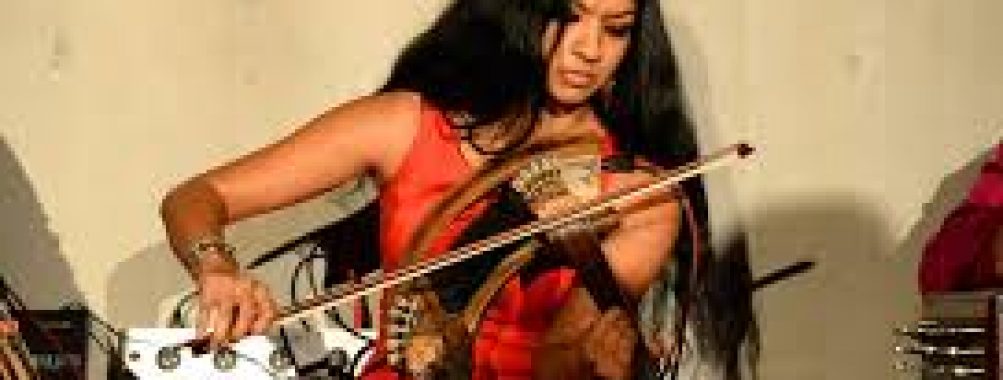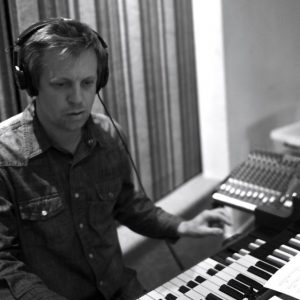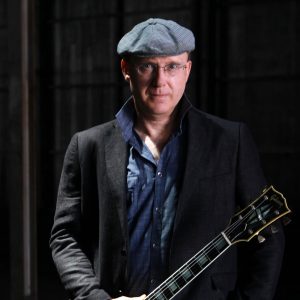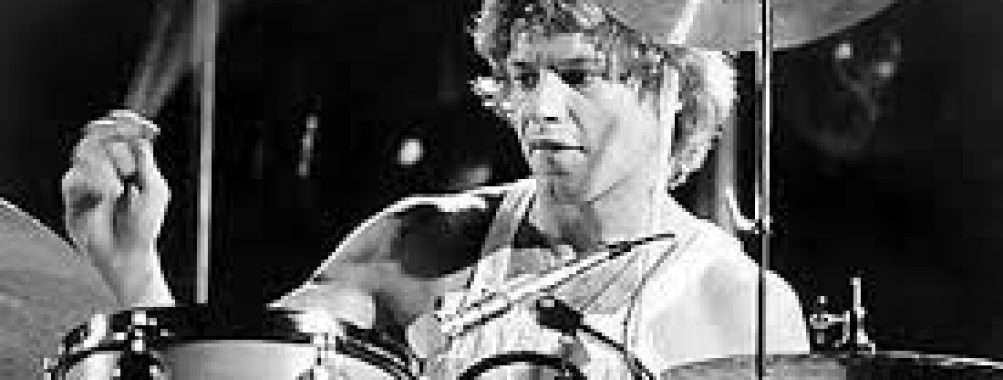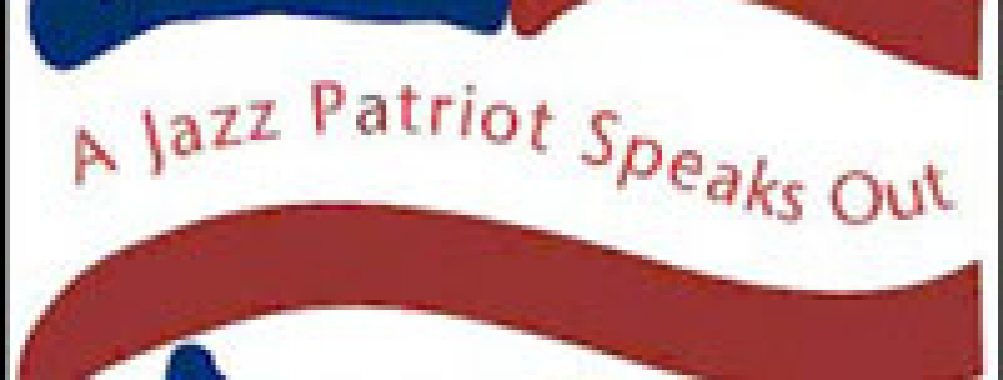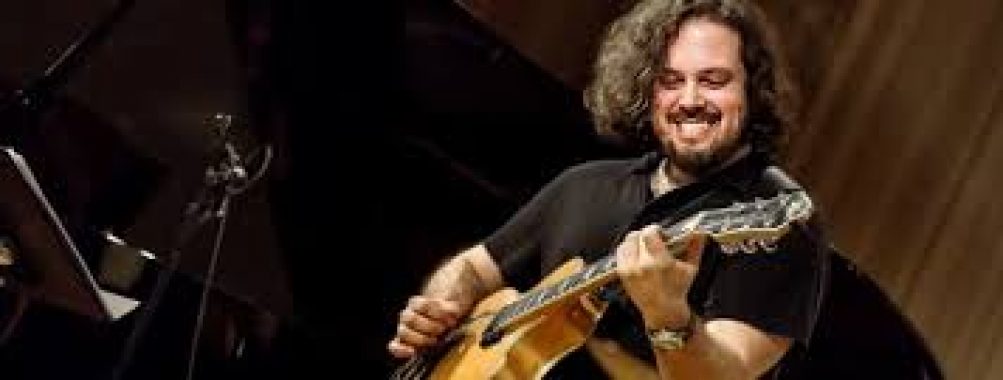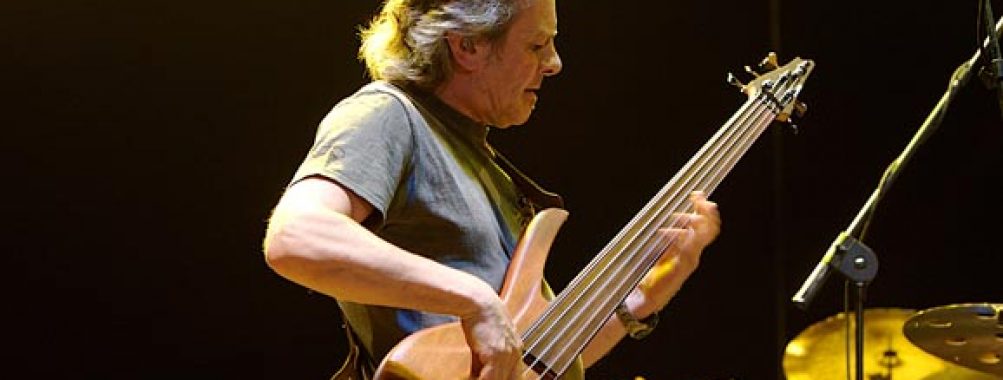
New Percy Jones interview
Buy
Itunes-note
Amazon
Bandcamp
Percy Jones is (undoubtedly) a bass virtuoso, a monster musician with an original sound. He has defined a vocabulary for the fretless bass which few others have the ability, let alone the mindset, to implement.
Here are some excerpts from a recent and very candid interview, which can be read in it’s entirety at: www.percyjones.net
MJM: I’m kind of curious about the first basses you played, we were talking recently about that Gretsch bass you had, where you filed the frets down – what was the first real fretless bass you played?
PJ: Fender Precision, fretless… I bought it in London, in ’74, second hand. I had just gotten a publishing advance for Brand X of 200 quid. I was looking in the Melody Maker, and I saw an ad in the back for instruments and gear and stuff, and it said sunburst Fender fretless Precision, excellent condition. So I went up to North London to this guy’s house, I think he was an Irish guy. He opened the case……. the bass looked like it had a couple of Guinness stains on it but was in good nick……. I looked it over and I bought it.
MJM: How much did you pay for it?
PJ: I think it was close to 200 quid, most of my advance. John Goodsall bought a fur coat.
MJM: With his advance?
PJ: Right. So the first rehearsal after we’d gotten the advance, I showed up with a new bass, Robin Lumley had bought some keyboard stuff, Goodsall walks in with this full length fur coat. So yeah, that was the first fretless, so I immediately started playing it…. I bought it about 6 or 8 weeks before we did “Unorthodox Behaviour”, so I made a determination that I was going to use it on that record, so I just worked really hard at it.
MJM: Who else had you seen even playing a fretless at that time?
PJ: I’m trying to think of anybody that I saw live…. The guy in Canned Heat, remember Canned Heat? I think he played a fretless didn’t he? You know I cant think of anybody else…. I’m talking about 1974…
MJM: So you weren’t really influenced by any other fretless players, because you hadn’t heard any?
PJ: No… but I’d listened to a lot of upright players, and I was definitely influenced by a lot of those guys…
MJM: Mingus?
PJ: Oh yeah, a lot by him. And I sort of thought well, a fretless might be interesting because you’ve got sort of an upright characteristic, but you’ve got the volume of an electric bass, it’s sort of like a hybrid approach. So I was thinking theoretically… I should try a fretless bass. When the opportunity came up to get one I just jumped on it. I was lucky really that I had the money when the ad popped up that same week. I moved from Liverpool to London in ’71 or ’72, and got this job on a construction site, and was doing that for a year or so, not playing much at all. I kept practicing, but didn’t have much sense of direction, I was kind of lost as to what I really wanted to do… When I was doing construction work I started hearing stuff coming from this country, like Miles Davis, and the stuff he was doing…. ‘electric-jazz’ I suppose.
MJM: That’s what I was about to ask; what were you listening to at that time?
PJ: I mean there was nothing interesting on the radio at that time. I was listening to jazz, I was listening to Mingus records, and Coltrane, and all that stuff… and when I was doing construction work, I met Keith Tippet who was a neighbor, and his wife Julie Driscoll. I used to hang out with them a lot, and they had a huge record collection. So I’d go over there sometimes in the evenings and listen to music. They had a lot of stuff that I’d never heard before, so they turned me onto some really good music. And then, the sort of electric stuff, jazz, was starting up over here, and when I heard that I thought I’d really like to do something like this.
MJM: What else besides Miles was catching your ear?
PJ: Well Herbie Hancock, Keith Jarrett, people like that….you know, jazzers playing electric keyboards.
MJM: Zawinul and Weather Report maybe?
PJ: Oh yeah, Weather Report. In fact I saw them at Ronnie Scott’s, the original lineup. I walked into Scott’s one night, I didn’t know who was playing, I think I was in Soho for something and I just walked in there. These guys came out, and I recognized Zawinul and Shorter… didn’t know who anybody else was. They started playing and it was like…. wow, this is new stuff.
MJM: That was obviously with Miroslav on bass…
PJ: Yeah, and it was swinging – Miroslav and Eric Gravatt. And there was a guy playing percussion ….
MJM: Dom um Romao…
PJ: Yeah that’s right. It was excellent. I sat there for the whole set just riveted by what they were doing. It was very organic sounding, it seemed like…. there were a lot of cues going on, you’d see an eyebrow going up, and the whole band would shift. It was that nice balance between looseness and coherency.
MJM: It’s funny, I always thought that early Brand X reminded me of early Weather Report in some ways… with the balance between looseness and tightness; live I mean, because I know Brand X would really stretch out their songs, like Weather Report would do.
PJ: Yeah, the songs had a framework, but within that, sections could be open ended and could go on for as long as you wanted, depending on the night. And there would always be a cue or something, to get everybody back into what’s coming next…. so there were a lot of nods and winks going on. It’s funny you mention that comparison, because Brand X played at Ronnie Scott’s a few years later, and I overheard a guy walking downstairs to the bathrooms, complaining about us… he said something like, I didn’t come here to hear a fucking third rate Weather Report!.
MJM: Were you listening to Mahavishnu Orchestra or Return to Forever?
PJ: Oh yeah, I forgot about those two. “Bird’s of Fire”, which was their first one wasn’t it? It made a big impression on British musicians, at least the ones that were into experimenting.
MJM: Were you familiar with McLaughlin at that time? He was fairly well known…
PJ: Yeah, I’d seen him….. there was a band I was in briefly, I forgot to mention this, when I left Liverpool Scene…. Myself and Mike Evans, the saxophonist, we both left at the same time, and briefly we started this fusion band called Highly Inflammable in Liverpool, which didn’t last long. But we once did a gig in Liverpool opening for Lifetime, that included Tony Williams, McLaughlin, Jack Bruce, and Larry Young. I had seen McLaughlin play before that in London in the 60’s, with Pete Brown – you know Pete Brown who wrote the lyrics for Cream? He’s a poet actually, from Liverpool originally. I went to see one of his gigs at Ronnie Scott’s old place, when it was on Gerard Street, years ago before it moved to Frith Street, and he had McLaughlin and……. I think it was Danny Thompson on bass and Terry Cox on drums, they were later in Pentangle, don’t know if you remember them. They were doing poetry and music. It was really sort of out-there……. abstract.
MJM: Did you notice McLaughlin at that time?
PJ: Yeah, and…. sort of didn’t make a huge impression. And then later when I saw him with Lifetime, I thought… wow, can’t believe it’s the same person. And Tony Williams was well……. ridiculously good. So by then of course I knew who he was, and what he could do, and then he started doing that stuff with Miles, which was quite groundbreaking. That way of playing the guitar was quite different, I mean apart from his chops; his concepts, for example, his way of inverting chords, was very interesting.
MJM: What about Return to Forever, Chick Corea’s band with Stanley Clarke on bass…
PJ: Yeah, I saw Stanley Clarke, also at Ronnie’s, before Return to Forever, he was playing with Chuck Mangione. It was quite startling, hearing him play… he was unusually good. The music was heavily Latin flavored… he had a lot of chops, all the bass players in the place were listening. He must’ve been quite young then, he looked very young, just out of school or something.
MJM: Do you remember your first hearing of Allan Holdsworth? He was fairly well known by the mid-seventies.
PJ: Yeah… we used to cross paths with him, on the college circuit in England.
MJM: Do you remember any bands he played in?
PJ: I know he played with Gong for a while…. I remember doing a gig somewhere, I think it was with Brand X at a college or university and Allan was playing in a room downstairs that same night. It wasn’t with Gong, I can’t remember who the band was. He played with Tony Williams for a little while during that time….And Soft Machine…. there’s a funny story about that, because I played with them after he played with them. John Marshall told me he apparently just left, but didn’t tell them he was leaving. He called them up from LA, said I’m over here playing with Tony Williams, could you send my stuff over for me, or something like that….
© www.percyjones.net
Latest album
Latest NEWS
SUBSCRIBE
Please Subscribe your mail to get notification from AbstractLogix.
Facebook-f
Twitter
Instagram
Youtube
Copyright © 2021 ABSTRACT LOGIX
Facebook-f
Twitter
Instagram
Youtube
Copyright © 2021 ABSTRACT LOGIX
